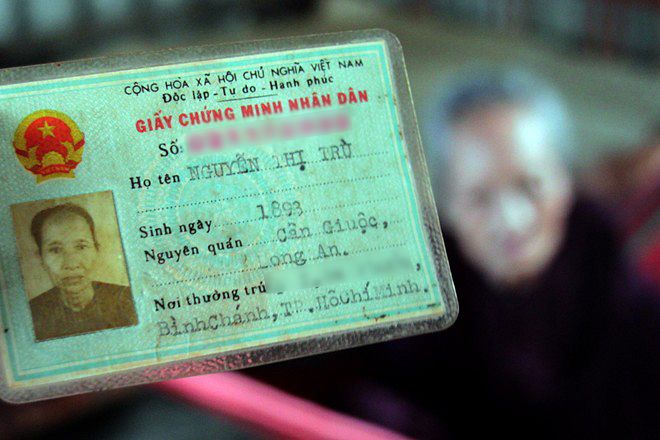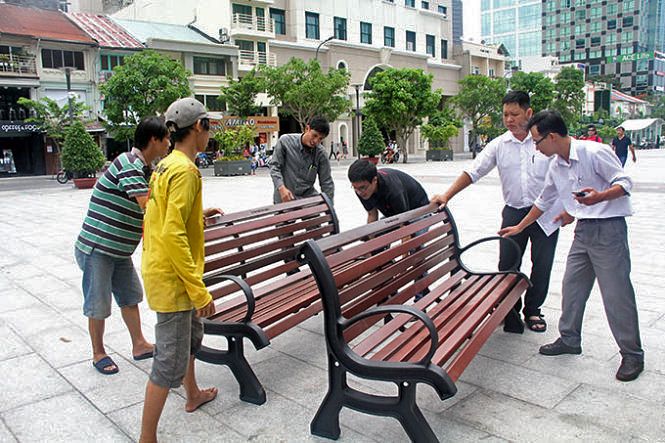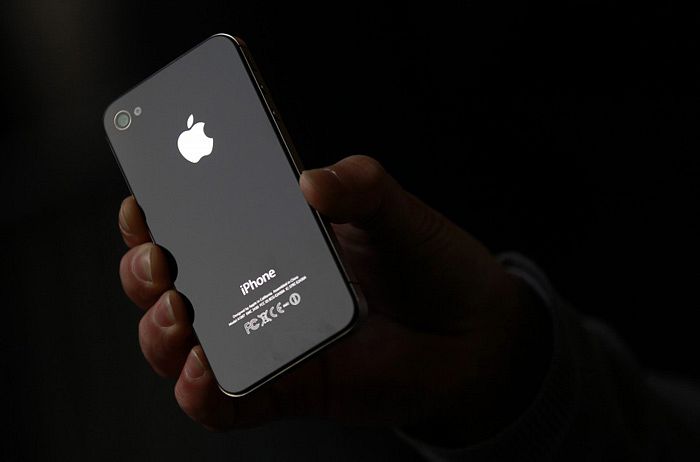Individuals and businesses who do not separate inorganic and organic rubbish by 2020 can be fined up to VND15-20 million (US$645-860).
The municipal People’s Committee will begin November 24 in instructing citizens and businesses on how to sort and label trash into three categories: organic trash, recyclable trash and other, using color-coded bags. The sorted garbage will be taken to trash zones by designated carts every one, two or three days depending on the refuse type. Those who do not sort, store or transfer the waste properly will be warned and then fined.
Anyone who has strolled the city's streets needs no explanation of the current trash issues. The city produces 9,000 tons of trash a day and is expected to hit 11,000 tons in two years. Of that making it to landfills, across the country more than half gets buried and untreated to the detriment of neighboring communities. The problem is exacerbated by flooding with 40% of the city's drainage impeded by rubbish build up. Dealing with trash costs the city VND4 trillion (US$172 million) each year.
The recent strategy follows numerous stated plans and initiatives that have so far had little impact. The country has committed to recycling 85% of its waste by 2025, but few tangible measures have been enacted to reaching the goal. The city has seen, however, various non-profits and community-based moves including ones to use more recycled materials and cut down on plastic straw consumption. Adding to the issues, Vietnam is importing more foreign trash as China bans the process.
[Photo by Thanh Nguyen via VnExpress]














